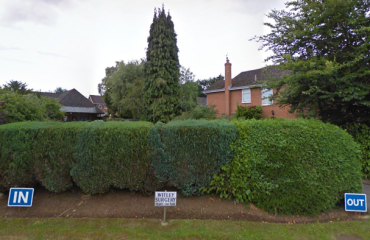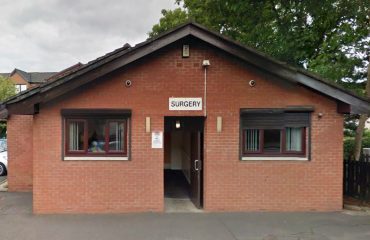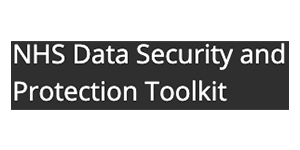So you arrive at your practice on Monday morning, looking forward to what the day may bring. The screen is nearly blank as only one patient prebooked last week, who wanted to wait.
Demand comes in quickly now and about half the patients have kindly written down their problems in some detail. You can quickly triage them, about a third you’ll choose to see, another third you’ll phone, a third you’ll send a message – they wanted that, not to waste their time and yours coming in.
Other patients have left a message with reception and you phone them, or delegate to another clinician. The sense of control comes from you deciding as a GP how to help each patient – you’re good at this.
Now after coffee break the first patients are coming down, and you can give each one the time they need. It feels more personal, you can build relationships because some of them have chosen to see you – which they can, because you’re here today, der.
The afternoon session has less than a third the new demand, so it’s more relaxed with much of the time seeing patients contacted this morning and then catching up on paperwork. After 5 very little comes in so you take it in turns staying until 6.30 to switch off the lights.
It’s such a difference from before you changed. Back then, you were constantly frustrated about endless extras, 14 hour days, and the diabolical duty doctor rota. But this is no longer a problem. Every day is pretty much alike, bar the infinitely intriguing variety of patients.
I’ll stop here because at this stage, I’m quite sure that you are laughing your head off.
The idea of a world where you’re feeling in control from the start of the day, able to offer the best professional help to all your patients, and go home with nothing left undone is the holy grail for most GPs.
It’s something which practices we’ve helped take for granted and achieve easily. It seems to come naturally to them.
And yet it seems to fantastical… So preposterous…. So unachievable…. to you, that I might as well have been describing a world where man has landed on Saturn.
Why is this the case?
Many doctors believe it simply can’t be done. That balance of work and fulfillment cannot happen, because demand is infinite.
I don’t believe that at all, and that’s based on the evidence.
I believe GPs are almost universally making two very significant mistakes when it comes to their operating system – mistakes that are sabotaging their chances of success.
If you overcame them, you would discover that a balanced workload was not out of reach at all.
I’ll tell you about the first one on Monday. Watch out for that email…
Kind regards
Harry Longman
PS by the way, if you are concerned about claims being made for NHS 111 digital, you may be interested in a report which has come to light.
@harrylongman








